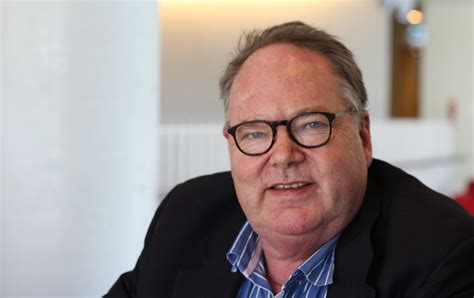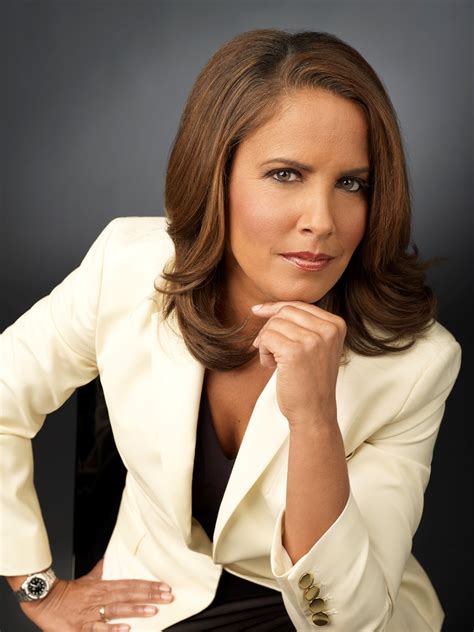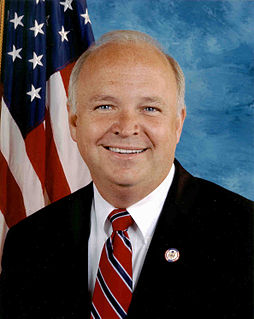A Quote by Ed Kashi
What I observed in western Azerbaijan, among the small portion of the nearly one million Azerbaijanis who were displaced by the conflict in Nagorno-Karabakh two decades ago, are a people who are aching to return to their homes.
Related Quotes
Armenia categorically rejects the resumption of military hostilities in Nagorno Karabakh as an option. In case Azerbaijan resorts to military aggression, Armenia will have no other choice but to recognize the Nagorno Karabakh Republic de jure and to employ all its capabilities to ensure the security of the people of Artsakh.
UN peacekeeping operations are now increasingly complex and multi-dimensional, going beyond monitoring a ceasefire to actually bringing failed States back to life, often after decades of conflict. The blue helmets and their civilian colleagues work together to organize elections, enact police and judicial reform, promote and protect human rights, conduct mine-clearance, advance gender equality, achieve the voluntary disarmament of former combatants, and support the return of refugees and displaced people to their homes.
Azerbaijan unleashed the war, and was defeated in that war; Azerbaijan asked for truce (including from the Commander of Karabakh's forces) and later started to sob about the dire repercussions of that war. As if wars ever bring pleasant repercussions. And on top of that, Azerbaijan adopted conceited stance and started to make demands as if anywhere in the world defeated aggressors are ever allowed to make demands.
While most of today's jobs do not require great intelligence, they do require greater frustration tolerance, personal discipline,organization, management, and interpersonal skills than were required two decades and more ago. These are precisely the skills that many of the young people who are staying in school today, as opposed to two decades ago, lack.
There two other areas that are personally deeply important to me, that I hope the Homeland show can attend to in some way - one, being the refugee crisis. These are the most vulnerable people among us in the world. There are over 60 million refugees displaced by war, over 21 million that go to a third country. The numbers are climbing, and there are no legal options for these people. These are the victims of the real world's crises that the Homeland world reflects on, and almost takes a Polaroid of these days, versus a fictional tale of it.
I have witnessed firsthand the anguish of this humanitarian tragedy - in Palestine, Iraq, Syria, Pakistan, and other conflict and post-conflict zones. The destruction of lives and hopes, the emotional trauma, and the economic, social, and political marginalization of the displaced, the human insecurity, with real and potentially devastating consequences over generations, in ever-widening arenas of conflict. We can and must ensure the human rights of the displaced. That begins by making their voices heard.
Think the very fact that somebody like Mike Pence is seen as useful to the [Donald] Trump campaign would be analytically a sign of difficulty for him because, you know, the Republican Party over the last two decades has needed to include his support among women, among Latinos, among blacks, among young people, and among highly educated people.
The monstrous evils of the twentieth century have shown us that the greediest money grubbers are gentle doves compared with money-hating wolves like Lenin, Stalin, and Hitler, who in less than three decades killed or maimed nearly a hundred million men, women, and children and brought untold suffering to a large portion of mankind.
For many years, questions about the meaning of life were dismissed as senseless. We were told that life, not being a word or sentence or anything language-like, can't intelligibly be said to have meaning. An encouraging development in the last couple of decades is a return by philosophers to addressing - as nearly all people do at some time or another - the question of life's meaning.
































